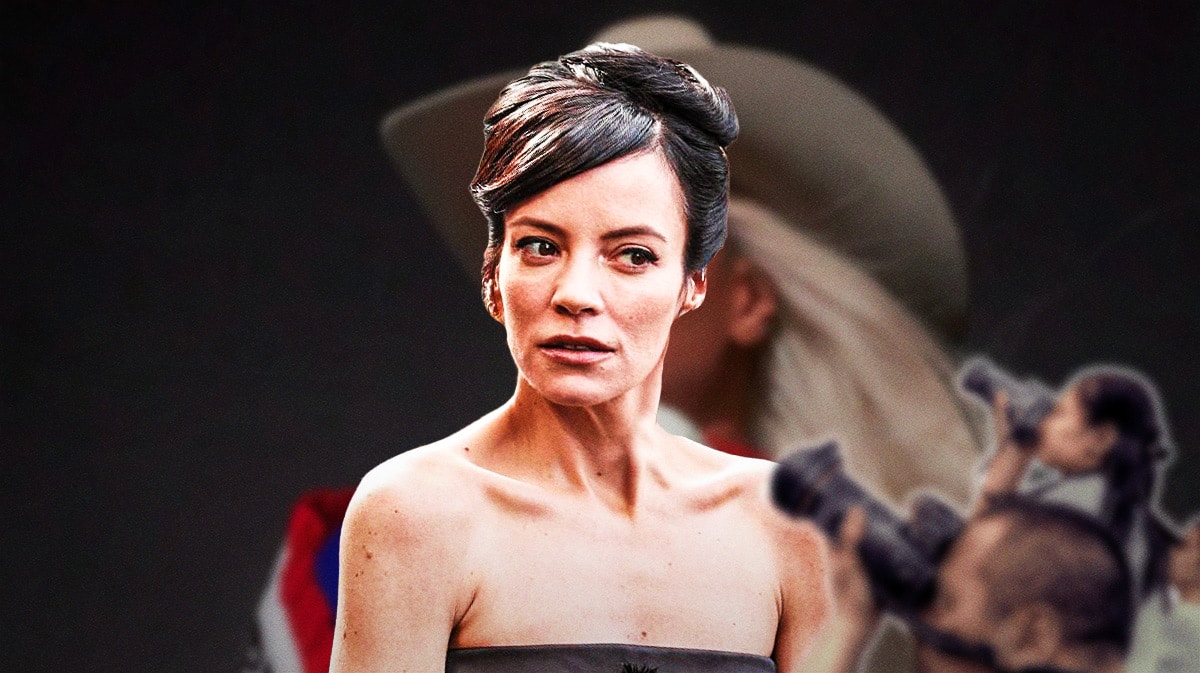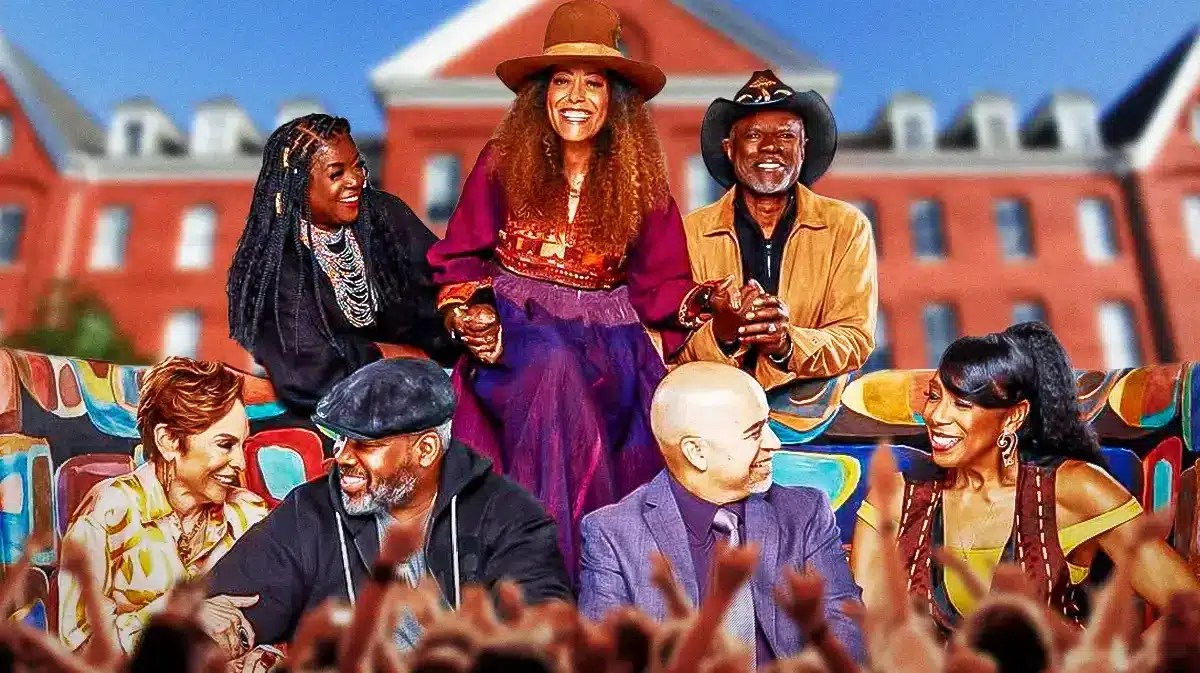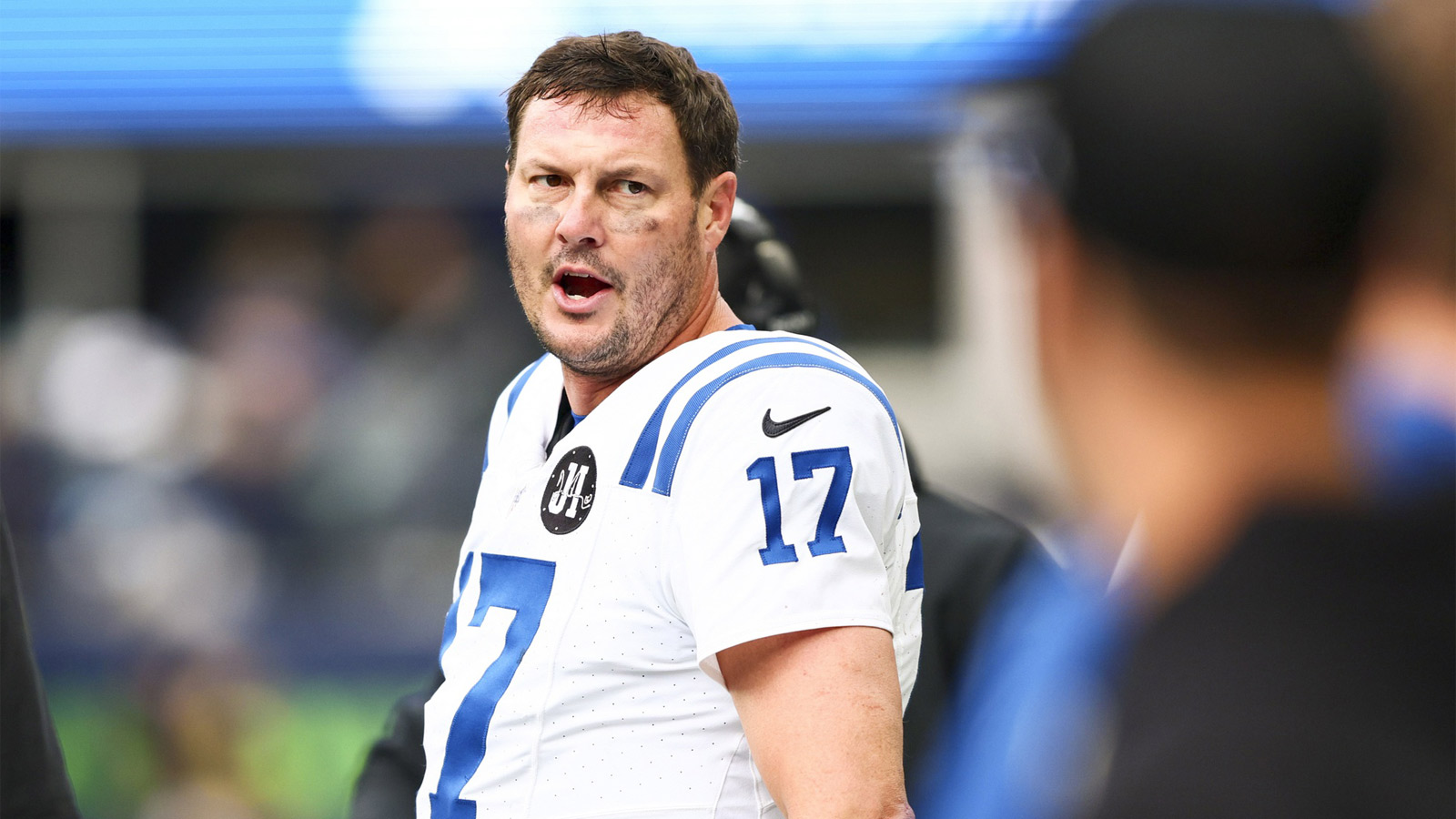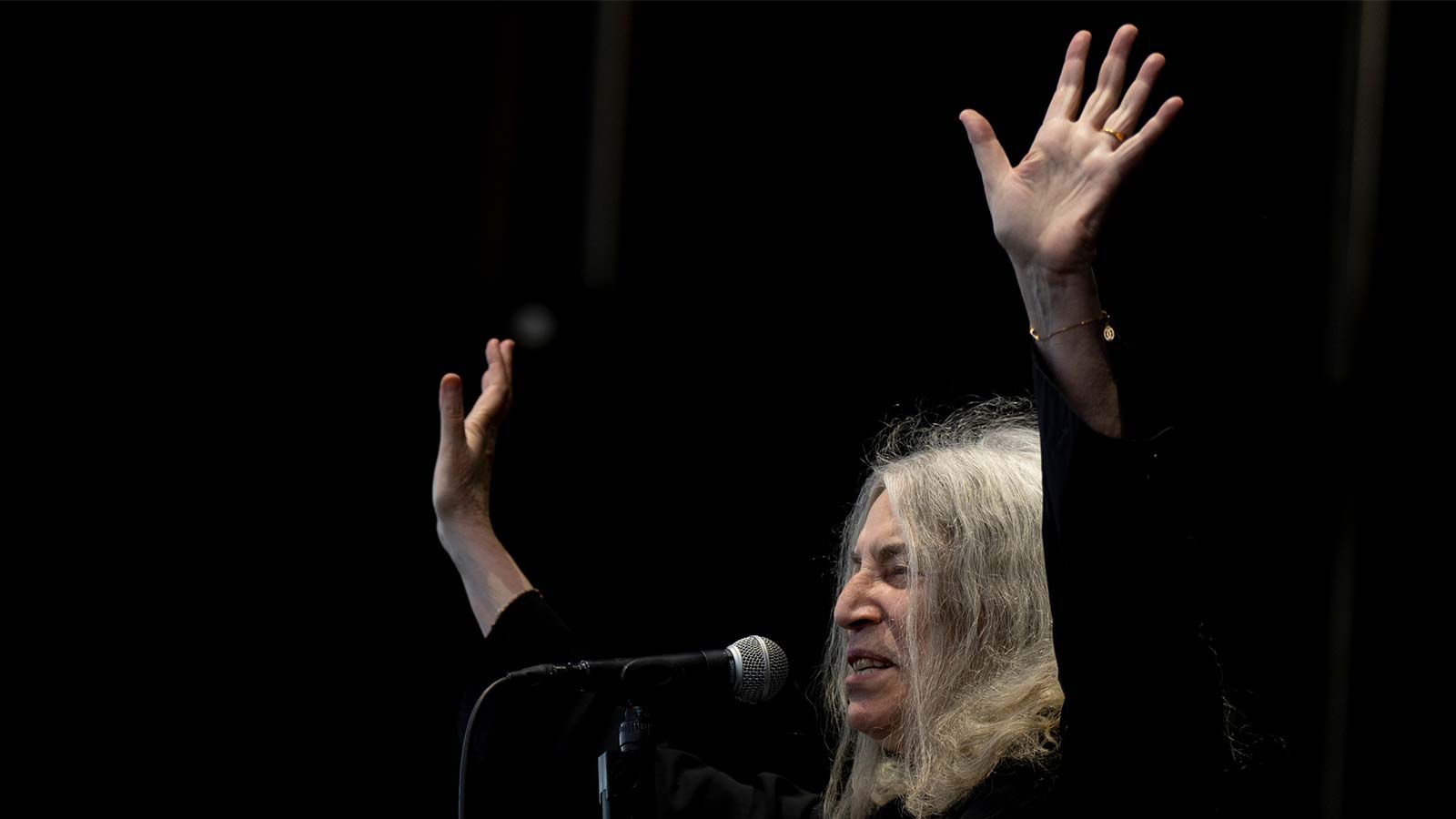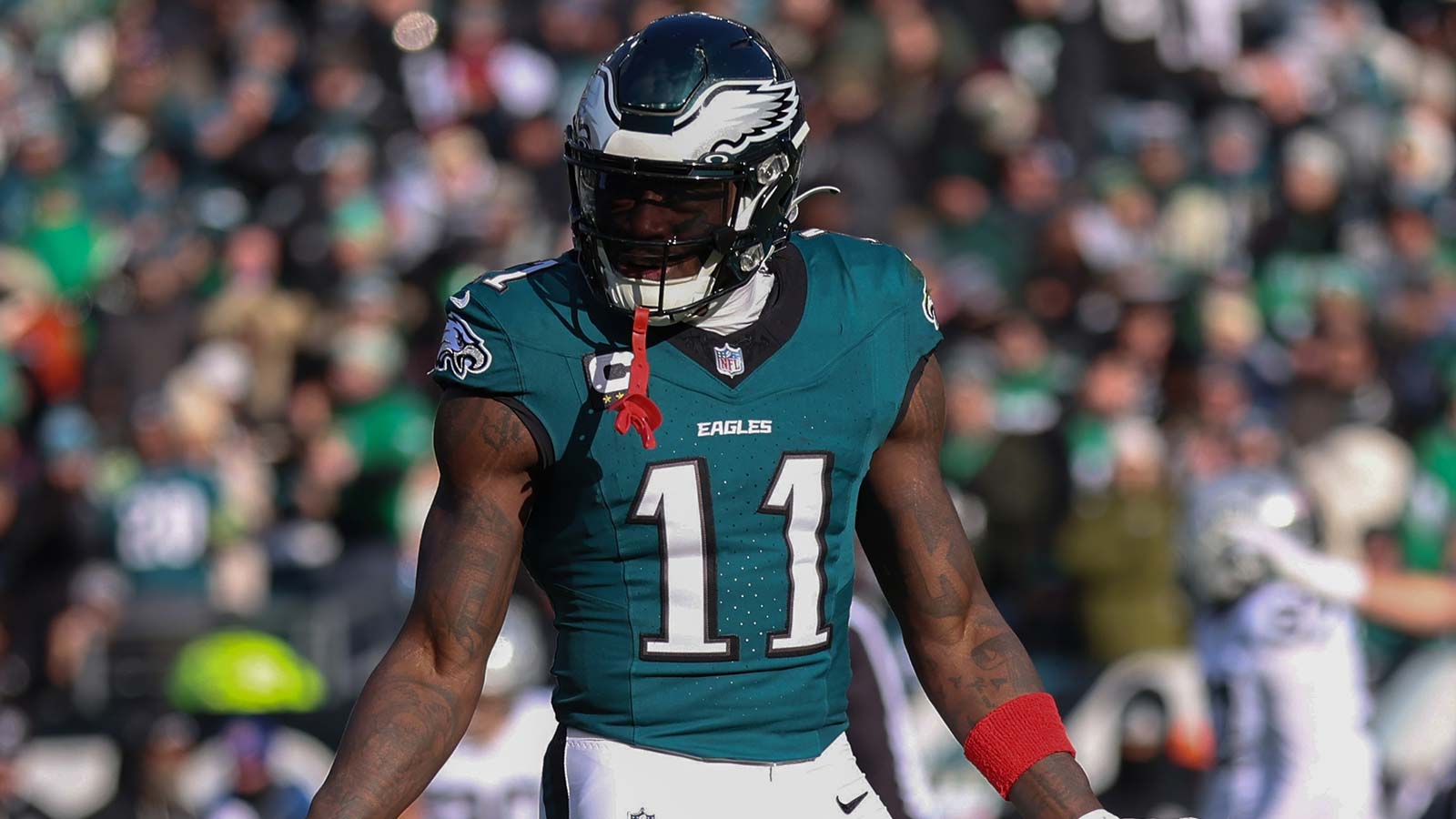British singer Lily Allen has launched a scathing attack on global icon Beyoncé, branding her “calculated” for her foray into country music, TheCute reports. Allen, who is gearing up for the release of her own country album, didn't hold back in her criticism of the “Cowboy Carter” star.
During an episode of her BBC Sounds podcast “Miss Me?” co-hosted with Miquita Oliver, Allen expressed her skepticism towards Beyoncé's genre transition. She particularly criticized Beyoncé's cover of “Jolene,” suggesting that it lacked authenticity by using a standard hip-hop beat. Allen questioned Beyoncé's motives, accusing her of strategically choosing to cover one of the biggest songs in the genre.
Allegations of Calculated Moves and Ulterior Motives
Allen didn't stop at critiquing Beyoncé's musical choices; she delved into speculation about the intentions behind them. She suggested that Beyoncé's husband, Jay-Z, played a role in orchestrating a campaign to boost her current album. Allen pointed to Jay-Z's speech at the Grammys, where he criticized organizers for snubbing Beyoncé, as evidence of this calculated approach.
The British singer questioned the timing of Jay-Z's remarks, noting that they occurred before Beyoncé announced her album. She also highlighted Beyoncé's visual transformation with a blonde wig and cowboy hat, which she interpreted as part of a strategic rebranding effort.
While Allen acknowledged her own love for country music and emphasized her genuine connection to the genre, she juxtaposed it with what she perceived as Beyoncé's lack of storytelling in her music. Allen reiterated that her presence in Nashville, working on her album, was driven by her passion for country music and storytelling, rather than any calculated career move.
Final Thoughts
As Lily Allen continues to make waves with her forthcoming country album, her criticisms of Beyoncé's genre exploration have sparked debate among fans and critics alike. While some may see Allen's remarks as harsh, others may interpret them as valid observations about the complexities of navigating different musical genres in the industry.
Regardless of differing opinions, Allen's bold commentary adds fuel to the ongoing discourse surrounding Beyoncé's artistic evolution and the perceived motives behind it. As both artists carve their paths in the music industry, their contrasting approaches to genre experimentation will undoubtedly continue to captivate audiences and spark discussions for years to come.

